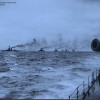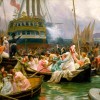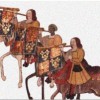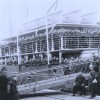Last month’s BBC Scotland documentary – Pipers of the Trenches – highlighted the cultural significance of pipe music during the battles of the First World War in the solidification of Scottish traditions, identity, and heritage within the military. The programme visited descendents of men who carried their pipes in the trenches and explored their stories […]








